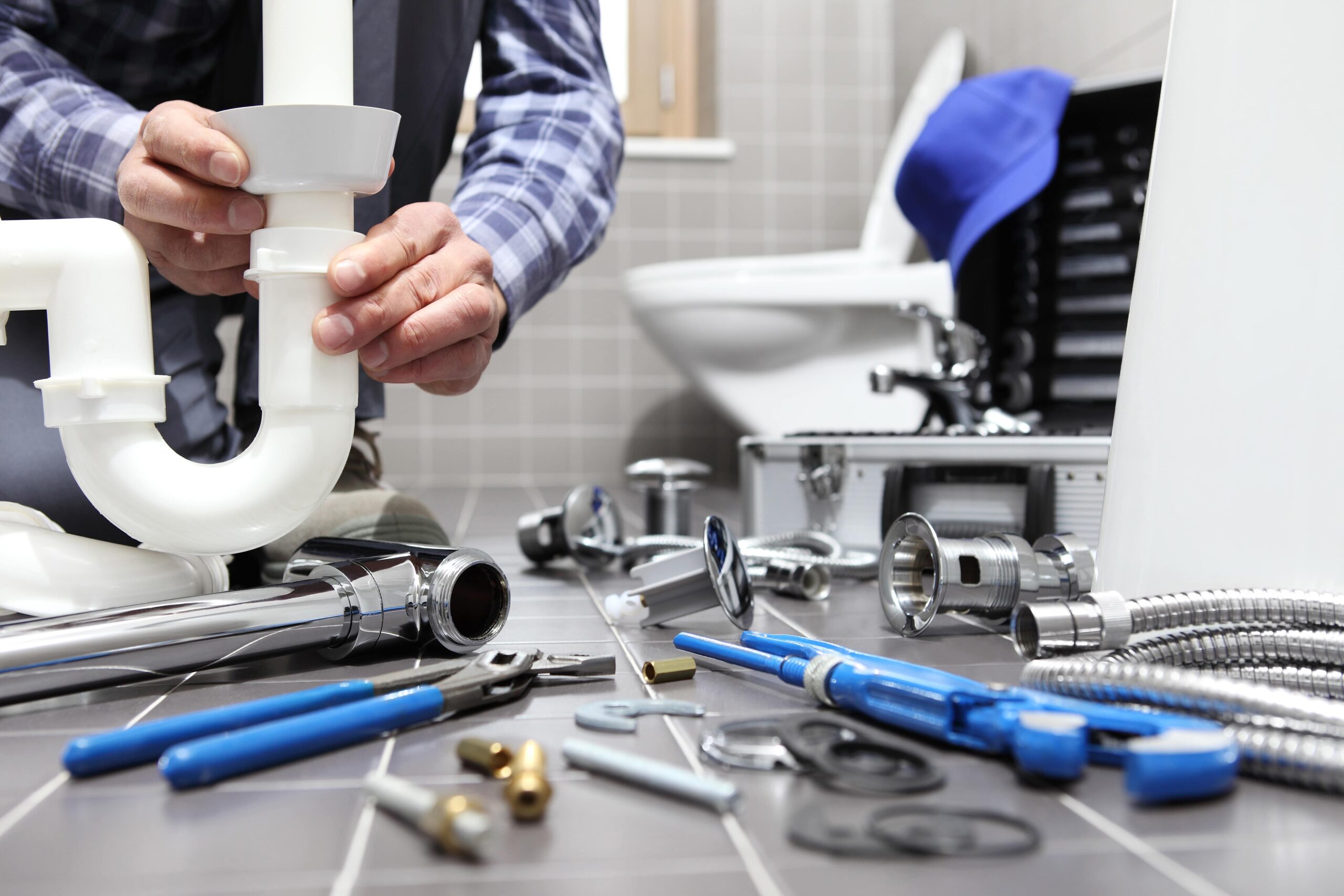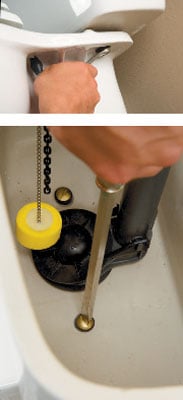Every person has their own unique assumption when it comes to Reasons for Water Heater Leaks.

"Be cautious of little expenditures. A little leak will certainly sink a great ship." - Benjamin Franklin.
He could not have actually been a lot more best because water leakages in our houses lead to a waste of resources, raising our water expenses. This rise may appear negligible at initially, it can lead to significant expenditures that can break your financial institution. Apart from a rise in expenses, water leakages also trigger unwanted natural development, architectural damages, and also even electric dangers.
Figuring out if you have a water leak isn't always simple as a result of being not able to see a lot of the pipework in your home. If you have had a rise in your water costs lately, saw water discolorations on wall surfaces and also ceilings, scented poor smell, etc. You may intend to take into consideration asking for plumbing services to get it had a look at.
There are a number of sources of water leakages, as well as we have actually assembled the typical reasons below. Examine to see if you have had associated problems in your house just recently.
Blocked drains
Food particles, dust, and also grease can cause clogged up drains and also block the flow of water in and out of your sink. If undealt with, raised pressure within the rain gutters can finish and trigger an overflow up cracking or bursting pipes. To avoid blocked drains pipes in your home, we advise you to prevent putting bits down the drain and also regular cleaning of sinks.
High water pressure
You discovered your residence water stress is greater than usual but then, why should you care? It runs out your control.
It would certainly be best if you cared due to the fact that your average water pressure should be 60 Psi (per square inch) and although your house's plumbing system is created to hold up against 80 Psi. An increase in water pressure can place a strain on your residence pipelines and also cause fractures, or even worse, ruptured pipelines. Get in touch with a specialist regarding controling it if you ever before discover that your house water pressure is greater than typical.
Rust
As your pipework gets older, it gets weaker and extra prone to rust after the frequent flow of water with them, which can gnaw at pipelines and cause splits. A visible sign of rust in your home plumbing system is staining and although this may be hard to find because of most pipes hidden away. We encourage doing a regular examination every few years and also transform pipelines once they are old to guarantee an audio plumbing system
Deteriorated pipeline joints
Pipe joints are the parts of our plumbing system where the pipelines link. It is necessary to note that also though pipes are created to endure pressure and also last for a while, they weren't developed to last for life; therefore, they would certainly weaken over time. An usual sign of harmed pipeline joints is too much noise from faucets.
Busted seals
One more cause of water leaks in houses is broken seals of home appliances that make use of water, e.g., a dishwashing machine. When such appliances are set up, seals are set up around water adapters for easy passage of water via the equipment. Thus, a broken seal can trigger leak of water when in use.
With little or no expertise of plumbing, comprehending your residence's plumbing system enough to repair some of these issues (without consequence) can be a problem. Get in touch with plumbing experts in Pittsburgh, Divine Superintendence, Rochester, and also environ today, as well as they'll make those problems disappear.
He couldn't have been extra ideal since water leaks in our houses result in a waste of resources, raising our water expenses. If you have had a boost in your water bills recently, noticed water spots on wall surfaces as well as ceilings, scented poor odor, etc. A rise in water pressure can put a pressure on your home pipes as well as lead to fractures, or even worse, burst pipes. One more reason of water leaks in homes is broken seals of home appliances that utilize water, e.g., a dishwasher. When such appliances are set up, seals are set up around water adapters for very easy flow of water via the device.
5 TIPS IN DETECTING A WATER LEAK IN YOUR HOUSE
Water leaks can be hard to find in your home, yet they can be so common. We rely on water every day in our home, which is why a leak can cause big problems. By detecting them early, you can save money and further damage, getting the problem fixed as soon as possible. Here are 5 tips to help you detect a water leak in your home, so you can contact a plumber straight away and get the issue sorted.
Check your water meter
Many people underestimate the value of the water meter in their home. It can be one of the best ways to tell if you have a leak early on, so you can get on top of it before issues start arising. Start by turning off all the water in your home: taps, washing machine, dishwasher, etc. Now take a look at the meter – if it’s still changing with everything turned off, it’s likely you have a fast-flowing leak that you need to get on top of straight away. If nothing changes, then leave your meter for an hour or two and come back to it. Did it change in this time? It’s likely you have a slower leak, which isn’t as urgent but still handy to get fixed so it doesn’t become a bigger problem.
Keep an eye on your bill
Another good way to detect a leak in your home is by keeping an eye on your water bill. It helps if you have a past bill from the same period of time. You can compare like for like and determine whether your water usage has increased significantly. If it has, there may be a leak in your system that you haven’t picked up before. A professional plumber can check through all of your pipes and determine where it is coming from.
Look for damage
If you have a leak inside your home, you will notice damage over time. Take a look at your showers and bathtubs and note whether any of the tiles surrounding the area seem to be discoloured or damaged in any way. There may be water stains, mould or peeling material that has resulted from a build up of moisture over time. Make sure you take a look under sinks at the back of cupboards that don’t get accessed regularly. This is where damage can go unnoticed and build up over periods of time.

Do you really like more info about Where to Find Water Leaks? Put a short review below. We will be interested to know your views about this blog entry. We are looking forward that you come back again soon. Enjoyed reading our blog posting? Please share it. Help other people locate it. Kudos for your time. Visit again soon.
Leak? Reach out!